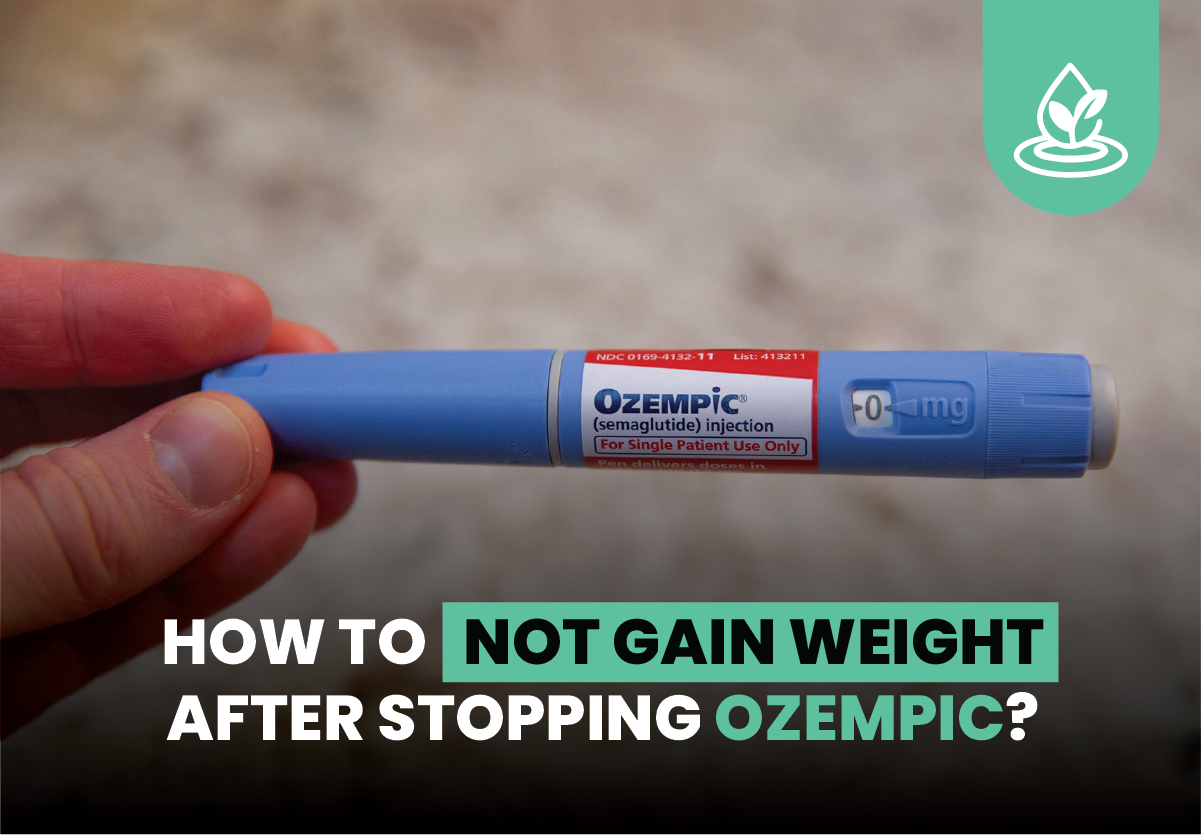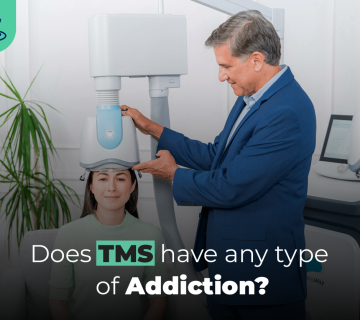Maintain Weight Loss After Ozempic
The drug Ozempic, which is often given to people with type 2 diabetes to help them control their condition, has also been shown to help people lose weight.
However, discontinuing Ozempic can lead to concerns about regaining weight. Making changes to your diet and way of life, as well as continuing to see your doctor, will help you keep off the weight you lost after completing Ozempic.
Here is a complete guide to help you make it through this transition and maintaining weight loss after Ozempic.
At Atlantis Wellness Centre, the choices you make about your lifestyle can help you lose weight.
Our team of professionals, which includes doctors, mental health professionals, and life coaches, will help you live a healthier life.
Let’s find out how to not gain weight after stopping Ozempic.
Understand the Role of Ozempic in Weight Loss
It is important to know how Ozempic helps people lose weight before getting into strategies. Ozempic works by acting like a hormone called GLP-1.
GLP-1 helps control blood sugar levels, slows stomach emptying, and makes you feel less hungry. These effects go away when you stop taking Ozempic, which could make you hungrier and make you gain weight. Recognizing this change will help you get ready for the changes you need to make to your life.
How to not Gain Weight after Stopping Ozempic?
How to Keep the Weight off after Ozempic?
If you suddenly gained weight after stopping Ozempic, here are some tips to help you deal with it:
Accept Yourself, and Do Not Blame Yourself
It is okay to feel let down or angry when your body gains weight back. Know that it is not your fault and that gaining weight is a normal part of life. Ozempic was originally designed for diabetes management, with weight loss being a secondary effect observed in clinical trials.
It is important to know all the possible risks before taking any medications since drug companies and doctors may not always tell you about them.
How to Learn to Be Kind to Yourself:
- Change Negative Self-Talk: Replace harsh self-criticism with compassionate acknowledgements. Change “I failed at losing weight again” to “I am sad about this experience and the changes in my body.” At the moment, this is hard for me.” Self-compassion means being kind to your feelings and not forcing yourself to be positive.
- Allow Yourself to Exist Without Weight Loss Goals: Get help from an anti-diet dietitian who specializes in helping people heal their body image. This help can be very helpful as you deal with these problems.
- Treat Yourself Like a Friend: Be kind and understanding to yourself the same way you would be with a friend or family member. This is a very important way to deal with negative self-talk.
- Surround yourself with supportive people: Being around people who understand and agree with your experiences can have a big effect on your mental health. Spend time with people who are kind, understanding, and helpful.
Provide Essential Nutrients to Your Body
Getting off of Ozempic can cause strong hunger signals and strong cravings. This medicine can block your body’s natural hunger signals, making it hard to know what nutrients you really need.
It is important to honor your strong cravings and hunger. Initially, this may seem difficult, but it is very important to pay attention to your body. Make sure you eat regularly and give your body the nutrients it needs after a period of not eating as much.
Avoid Diet and Exercise Changes
After gaining weight, it can be tempting to start a new diet or fitness plan. Sadly, this can often make you gain more weight over time. When you are on a diet, your body may not get enough energy and nutrients, which can slow down your metabolism and make you want more food. You might get stuck in the dieting loop if you keep restricting your food and then bingeing, which can make you feel guilty and ashamed.
Accept the Way Your Body Is
Diet and wellness culture, as well as the shame that comes with being overweight, make people feel bad about their bodies and make them think that losing weight is the only way to be healthy and happy. This mindset makes it challenging to accept your body as it is.
Repeating positive affirmations:
- “My body is working fine the way it is. “I have a good body.”
- “I do not have to change how I look to be liked and respected.”
- “No matter what size or shape I am, I deserve love and respect.”
- “Because of my body, I can enjoy life’s good things.”
- “My body is on my side, not against me.”
These affirmations can help you heal your relationship with your body and be kind to yourself as you go.
Mindfulness Restores Body Connection
When you stop taking a drug like Ozempic, it is normal to feel disconnected from your body. Being mindful can help you get back in touch with your body and heal your relationship with it.
Being mindful means paying attention to your emotions without judging them and changing the bad things you say to yourself to good ones.
When you have a bad thought, stop and change the way you think about it. “I cannot stop thinking about this food, and it makes me feel like a failure,” for example. Instead, say, “I am glad my body is telling me what it needs right now, and I am grateful I can honor those needs.”
It is hard to deal with weight gain after stopping Olympian, but these tools and ways to deal with stress can help you heal your relationship with your body.
Maintain Regular Physical Activity
Exercise is a very important part of keeping your weight steady. Every week, you should do at least 150 minutes of moderate-intensity aerobic activity or 75 minutes of vigorous-intensity activity. On at least two days a week, you should also do exercises that strengthen your muscles.
- Find Activities You Enjoy
Engage in physical activities you find enjoyable, whether it’s walking, jogging, swimming, dancing, or cycling. Long-term, things that you enjoy doing are more likely to stick around.
- Incorporate Strength Training
Build muscle mass by doing strength training exercises. Building more muscle speeds up your metabolism, which can help you control your weight.
- Stay Consistent
Consistency is key. You should make exercise a regular part of your life and try to stay active all day.
- Monitor Your Weight Regularly
Keep track of your weight often so you can catch any early signs of weight gain. Every week, weigh yourself and write down the numbers. This can help you stay on track and make changes to your exercise and diet plans as needed.
Conclusion, how to not Gain Weight after Stopping Ozempic?
To keep the weight off after stopping Ozempic, you must be kind to yourself, eat healthily, avoid new diets, accept your body, practice mindfulness, and do regular physical activity. You can control your weight and improve your overall health by making these changes to your lifestyle and getting help.
FAQs
What is Ozempic, and how does it help with weight loss?
Ozempic is a drug for type 2 diabetes that also helps people lose weight by acting like the hormone GLP-1. GLP-1 controls blood sugar, slows stomach emptying, and makes people feel less hungry.
Why am I gaining weight on Ozempic?
Stopping Ozempic can make you feel hungrier and make you eat more like you used to because the effects of the drug that makes you less hungry and slower to empty your stomach start to wear off.
How can I maintain my weight after stopping Ozempic?
Stay at a healthy weight by being kind to yourself, eating healthy foods, not trying new diets, accepting your body, being mindful, and staying active.
What role does exercise play in maintaining weight after Ozempic?
Working out regularly helps you keep the same weight because it burns calories and builds muscle, both of which speed up your metabolism. Aim for at least 150 minutes of moderate aerobic or 75 minutes of vigorous activity per week.







No comment